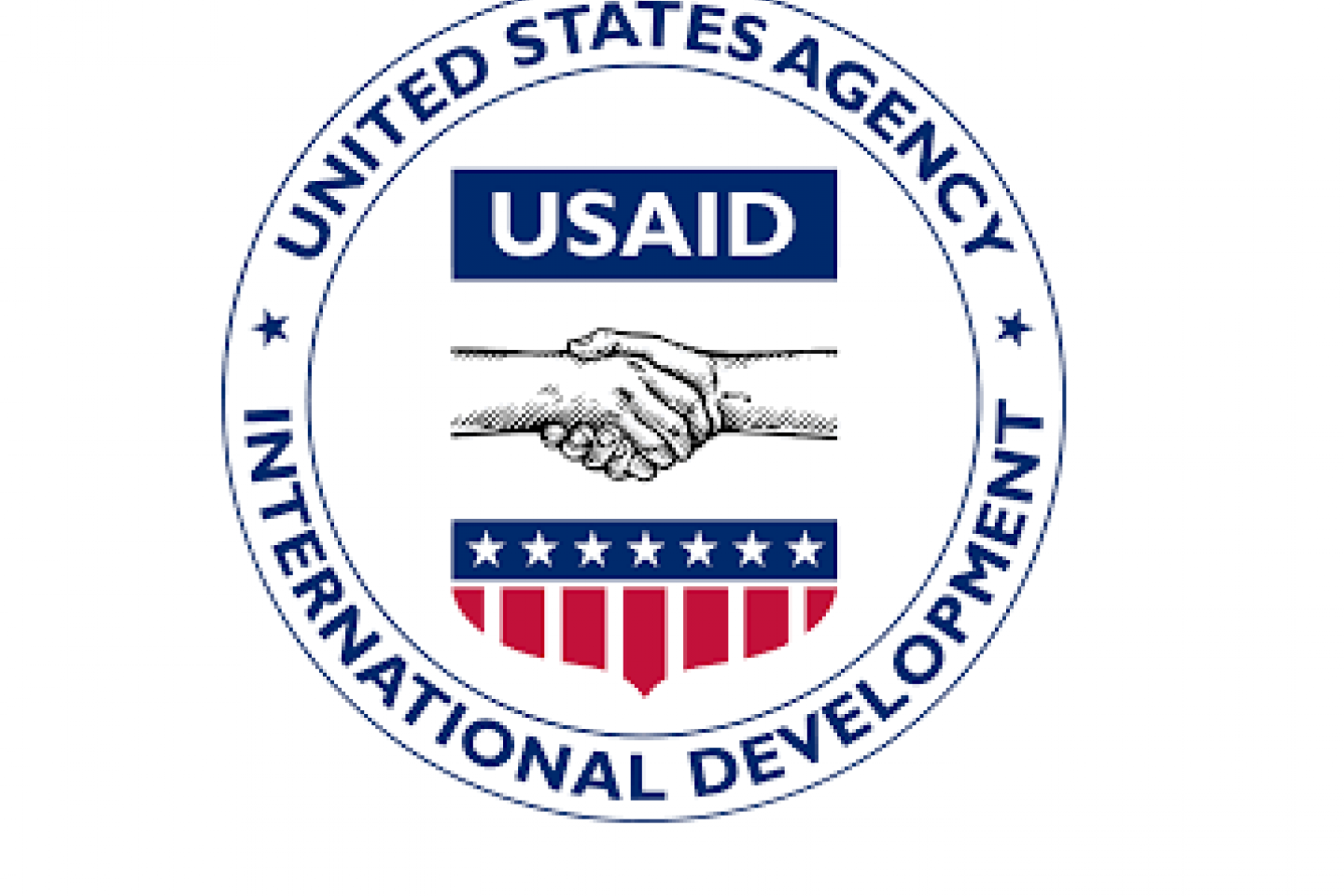
Approximately 230 000 citizens are set to receive food assistance during the current lean season covering the months January to March this year after the launch of the United States Agency for International Development (USAid)-sponsored US$11,3 million programme.
The programme will be implemented through the World Food Programme (WFP)’s Lean Season Assistance (LSA) project.LSA will provide monthly food baskets for approximately 230 000 food insecure people in the drought-prone districts of Mwenezi, Mangwe, Chivi and Buhera from January to March — the peak of this year’s lean season.
Each beneficiary will receive monthly in-kind food commodities of cereal, pulses, and vegetable oil.Speaking during the launch of the programme in Harare this week, USAid mission director Janean Davis said the El Niño weather pattern would impact on the planting season as well as the 2024 harvest, leading to deteriorating pasture conditions for cattle and other livestock.
“This year 2024 is not going to be an easy year as the El Niño weather phenomenon will greatly impact on the success of their food production efforts,” Davis said. “While we stand ready to provide food assistance to those who need it the most, we are also committed towards continuing transformative resilience activities, climate action and anticipatory risk management.
“Through our partnership with communities, we will one day meet our goal of #ZeroHunger for all people in Zimbabwe. Today, I am happy to announce US$11,27 million to the World Food Programme’s Lean Season Assistance, through the generous support of the American people.”
USAid has, since 2000, worked with the World Food Programme to improve food security for millions of Zimbabweans. “In addition to programmes that address short-term needs, such as the Lean Season Assistance, we also focus on long-term goals.
“For example, our support promotes climate-smart agricultural practices; helps farmers to access agricultural inputs and link them to markets where they can sell their produce; supports communities to protect and manage community-shared natural resources; and facilitates the development of extension services for smallholder farmers,” Davis said. He said USAid was committed to continue strengthening community resilience and accelerate sustainable development, which empowers Zimbabweans to better cope with the stressors such as the drought caused by the El Niño climate pattern.
Meanwhile, WFP Zimbabwe representative and country director Francesca Erdelmann has said the organisation’s goal is to ensure that everyone in the country had access to a variety of nutritious foods and could always consume the recommended amounts.
- Zim hit by grain shortage
- WFP to spend US$40 million on vulnerable communities
- Govt pledges grain to hungry communities
- Zimbos turn to mopane worms as hunger bites
Keep Reading
The Zimbabwe Vulnerability Assessment Committee report has warned that 2,7 million people will not have enough cereal to eat during this first quarter of 2024. “This year’s lean season coincides with the El Niño weather phenomenon, where Zimbabwe is facing erratic rainfall and high temperatures, meaning we could see low production and further increasing food insecurity. Therefore, this assistance is critical for many people across the country,” Erdelmann said.
WFP is targeting to assist 265 000 people during the period. LSA will work through the national Food Deficit Mitigation Programme in partnership with the Public Service, Labour and Social Welfare ministry aiming to reach 2,7 million people. “We have mapped out areas where people require food assistance, identified households and individuals in need and registered them to receive support,” she said.










